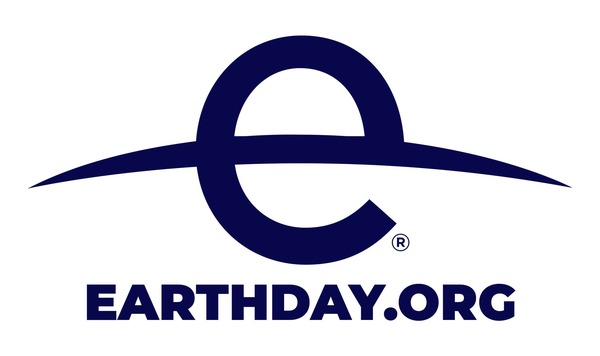 |
WASHINGTON, July 15, 2024 /PRNewswire/ -- EARTHDAY.ORG (EDO), the global leader in Earth Day advocacy, which is celebrated by over one billion people worldwide on April 22, has today released a shocking new report titled Pets Vs. Plastics. This report explores the exposure of pets to microplastics and toxic plastic chemicals and follows EDO's recent Babies Vs. Plastics report.
"Pet owners should read this report," said Aidan Charron, EARTHDAY.ORG, Director, End Plastic Initiatives. "Plastic is derived from a cocktail of oil and additive chemicals, like bisphenol A, PVC and phthalates. These can leach into our pets' gums, stomachs and skin and are associated with a whole host of health issues for our pets. From cancers to embryo development to potential infertility, liver failure, miscarriage and more. "
Actress Amanda Seyfried and her beloved dog Finn took part in a Plastic Tox Test to support EARTHDAY.ORG's efforts to raise awareness about the health risks of plastic chemical exposure for both humans and pets.
"I was anxious about the results and when they came back, I was definitely upset by my dog Finn's exposure, he scored in the top 90% on phthalates, which is very high," said Amanda Seyfried. "I feed him a healthy diet, but I realize now that the plastic packaging on his food is leaching toxic chemicals directly into it. It was a bit of a wakeup call. If his food is contaminated with phthalates, then that convinces me that all of us are much more exposed than we perhaps realize, including our children."
There are over one billion pets worldwide, according to the Global Animal Health Association's 2022 report, and the pet industry, in 2023, was worth a staggering $320 billion. The global pet market's trajectory is predicted to hit $500 billion by 2030. Pets are big business.
Pets are good for us - they reduce anxiety and dogs in particular improve our physical health. The American Heart Association has stated that dog ownership may play a role in reducing cardiovascular disease risk and other research has discovered pets are good for our cognitive function as we age. So, there are many reasons to care about our pet's well-being.
"Even if you don't care about your own pet's health, and we do, our pets act as sentinels," said Kathleen Rogers, President of EARTHDAY.ORG. "What impacts them, is almost certainly impacting us and this is yet more evidence that we are all ingesting and inhaling plastics in one form or another. We must slash plastic production by 60% by 2040 and make the plastic industry take responsibility for the harm they are causing."
Pets are increasingly part of our families. Research has shown that the majority of pet owners regard their relationship with their pets, especially dogs and cats, as akin to a relationship with a child. Millennials and Gen Z have been touted as the "fur-baby-boom generations."
"We are not trying to frighten pet owners, we just want them to be aware that it is best for your pet's health to avoid plastic toys and textiles as much as possible, and really be mindful of how their food is packaged," said Tom Cosgrove, Chief Creative and Content Officer for EARTHDAY.ORG. "We are bombarding our bodies, our families, and our pets with a toxic mix of chemicals and we want people to be aware."
About EARTHDAY.ORG: EARTHDAY.ORG's founders created and organized the very first Earth Day on April 22, 1970. Since then, EARTHDAY.ORG has mobilized over one billion people annually on Earth Day, and every other day, to protect the planet. EARTHDAY.ORG's mission is to diversify, educate, and activate the environmental community worldwide. As the world's largest recruiter to the environmental movement, EARTHDAY.ORG works with more than 150,000 partners in nearly 192 countries to build environmental democracy. Learn more at EARTHDAY.ORG.
For Media Inquiries/quotes and interviews:
Sarah Davies, davies@earthday.org, +1 240 463 1341 (Washington DC)